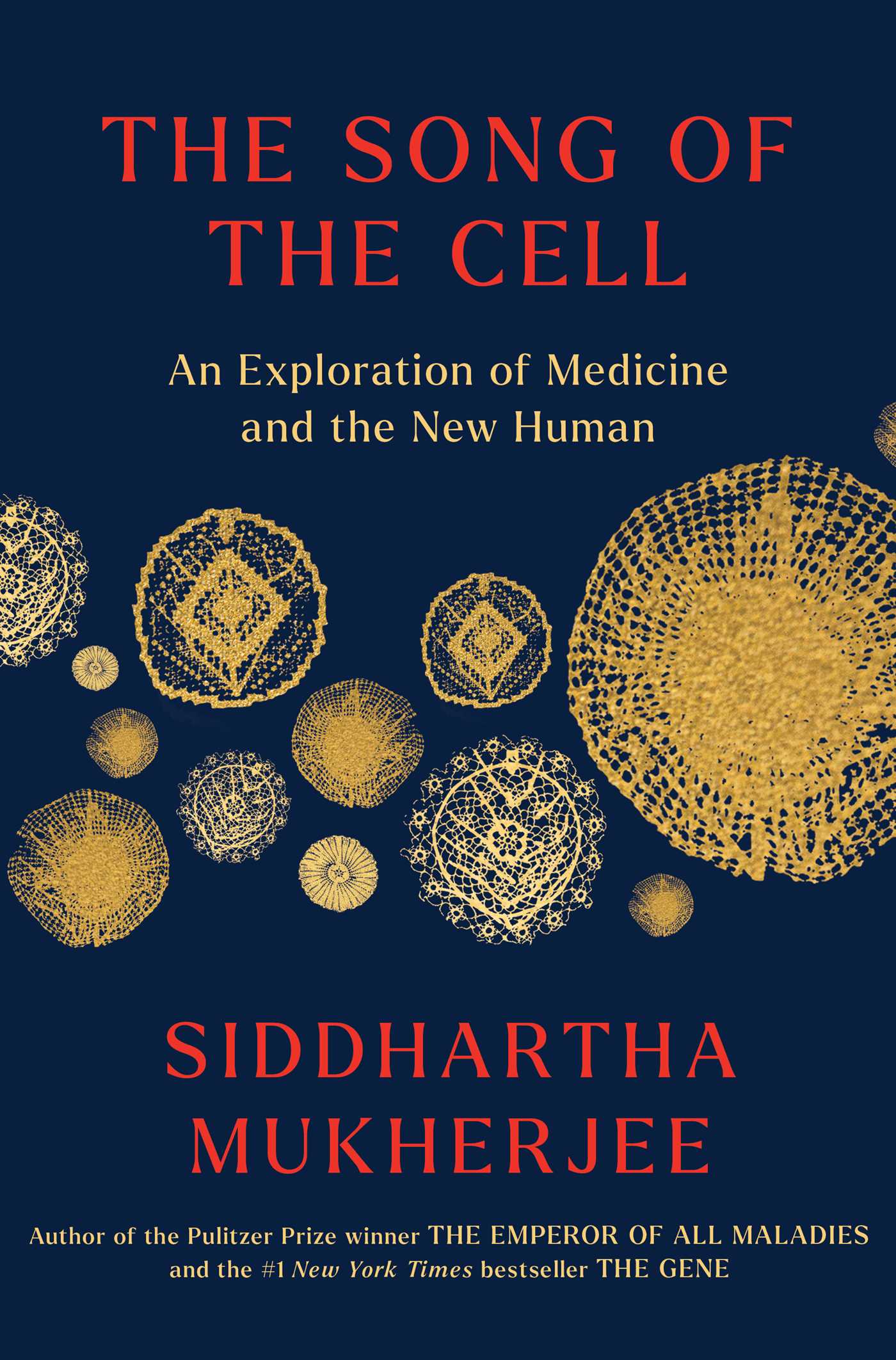
The Song of the Cell: An Exploration of Medicine and the New Human
Siddhartha Mukherjee
About the Author

Siddhartha Mukherjee
Questions & Answers
The cell's significance as the fundamental unit of life lies in its autonomy, reproduction, and development, enabling the formation and function of organisms. Understanding cells has transformed medicine by revealing that diseases stem from cellular dysfunctions, leading to cellular therapies like antibiotics, blood transfusions, and gene editing. This shift has reshaped our conception of humans, recognizing us as complex ecosystems of cells, and has opened doors to new medical treatments and possibilities, such as stem cell therapies and personalized medicine. It has also raised ethical questions about manipulating the building blocks of life, challenging our views on what it means to be human.
The discovery of cells by scientists like Robert Hooke, Matthias Schleiden, Theodor Schwann, and Rudolf Virchow revolutionized biology by establishing the cell as the fundamental unit of life. Hooke's observation of cells in plant cells laid the groundwork, while Schleiden and Schwann's work confirmed this in both plants and animals, leading to the formulation of cell theory. Virchow's addition of the principle that cells arise from pre-existing cells (omnis cellula e cellula) completed the theory, emphasizing the importance of cellular processes in both health and disease.
This understanding paved the way for modern cellular medicine by shifting the focus from whole organisms to their constituent cells. It allowed for the development of new treatments like antibiotics, blood transfusions, and gene therapy, which target cellular dysfunction at its source. The concept of cellular immunity and the manipulation of cells for therapies like insulin production and stem cell transplants further expanded medical possibilities, fundamentally altering how we approach and treat diseases.
Manipulating cells for medical purposes presents significant challenges and ethical considerations. Gene editing, like CRISPR, allows precise genetic modifications but risks unintended off-target effects and potential mosaicism, where only some cells are altered, leading to unpredictable outcomes. Ethically, the potential for designer babies and eugenics raises concerns about fairness and equality. Stem cell therapy, while promising, involves risks of immune rejection and potential for tumor formation. Human enhancement, using cells to alter physical or cognitive abilities, raises questions about the definition of normalcy, fairness, and the potential for creating a divide between enhanced and unenhanced individuals. These technologies also challenge our understanding of personhood and the sanctity of life, necessitating careful regulation and ethical guidelines to ensure responsible use.
Cells interact with each other and their environment through various mechanisms. Development is driven by cell-cell signaling, where cells communicate through chemical signals to coordinate their growth and differentiation. Metabolism involves the exchange of nutrients and waste products with the environment, facilitated by cell membranes and organelles like the mitochondria and endoplasmic reticulum. Immune responses are initiated by cells detecting pathogens or abnormal cells, leading to a cascade of interactions that result in the elimination of threats.
Cell-cell interactions are crucial for multicellular development, with cells responding to signals from neighboring cells to determine their fate. Metabolism is a dynamic process where cells take in nutrients, convert them into energy, and expel waste. The immune system relies on cells like T cells and B cells to recognize and respond to pathogens, with processes like antigen presentation and immune checkpoint regulation ensuring specificity and control. These interactions and processes are regulated by complex genetic and biochemical pathways, reflecting the intricate and integrated nature of cellular life.
The current and future directions of cellular medicine are diverse and promising. Key areas include gene editing, stem cell therapy, and immunotherapy. Gene editing, particularly CRISPR technology, allows for precise modifications to DNA, potentially curing genetic diseases and enhancing traits. Stem cell therapy holds promise for treating conditions like diabetes and sickle cell anemia by replacing damaged cells. Immunotherapy, like CAR T-cell therapy, harnesses the body's immune system to fight cancer. These advancements could revolutionize disease treatment, offering more personalized and effective cures. They also deepen our understanding of human biology, revealing the intricate workings of cells and their role in health and disease. This knowledge could lead to new insights into complex diseases and the development of novel treatments. However, ethical considerations, such as the potential for misuse and unintended consequences, must be carefully managed as the field progresses.